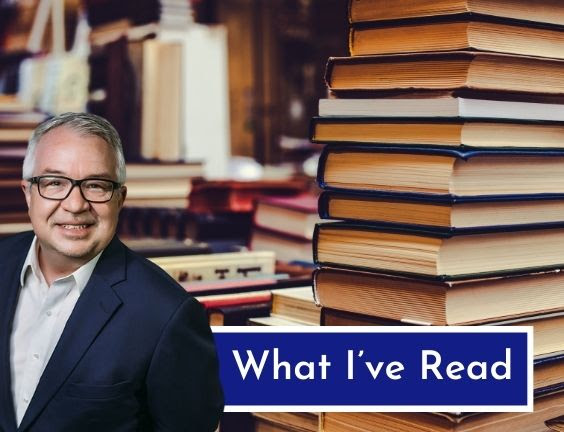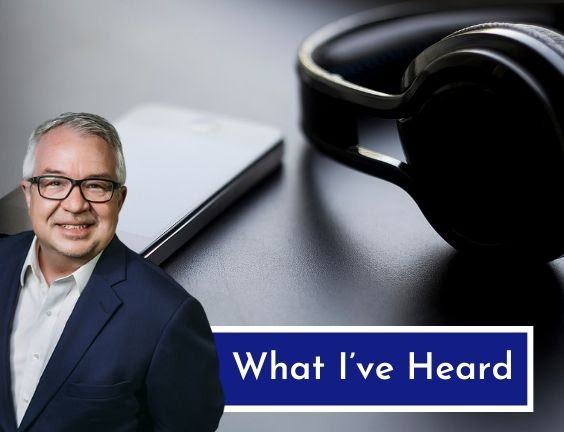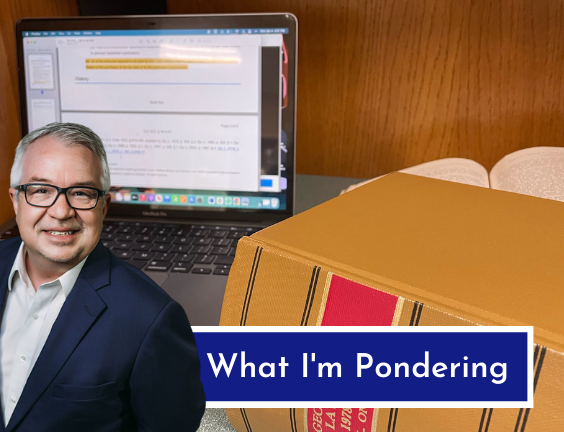I was in the bookstore browsing the new release when I saw Don’t Know Tough by Eli Cranon. The cover features a football field, goalposts, and scoreboard shrouded in fog.
It’s a high school football novel set in Arkansas. I judged the book by its cover and thought I was going to read something sort of like Friday Night Lights or Remember the Titans. Not so much.
This novel is dark. It’s crime noir, meets southern gothic, meets high school sports story.
It’s the story of a Prius-driving upstart football coach who comes to Arkansas from California, a talented by deeply trouble running back, and a crime that happens in the opening chapters.
I would say that this book has heroes and villains, it’s just that those roles are interchangeable in this book. Along the way, Cranor captures something authentic about high school football in the South, family trauma, and the complexities of politics in the small towns of the South.
There’s also a good bit in here about religion in the South.
I became curious about Cranor and found out that this is his debut novel. But he’s qualified to spin a tale about the topics he covers. Cranor has long had a syndicated advice column on sports and has played quarterback at every level. He’s a great writer, and I’m glad I found his work.
He has misgivings about travel sports for kids.
His writing on this topic has made me like him more. I’m a high school baseball dad but a very chill one. And I’ve seen some stuff this year with other parents – like fellow old guys walking up to their sons on deck and dispensing little nuggets of wisdom as if those kids don’t have a well-qualified high school coach out there with them.
Cranor has me thinking I’m on the right track or at least not totally nuts.
I track my running using the Nike Run Club app on my Apple Watch. I listen with Aftershokz headphones. I take no phone with me. I stream music, podcasts or books when I run.
During the early days of the pandemic, I discovered that I could stream radio from basically anywhere through the Apple Watch. And my go-to choice is? BBC1.
I’ve logged many miles on rural Georgia highways and by-ways listening to a London radio station through a watch. The DJs seem like running companions. And I’ve noticed that music with lots of airplay on BBC1 is a good predictor of what will be the next big thing here.
The British Invasion, it appears, never stopped.
And when I’m out running – a gray-haired lawyer nearing age 50, I know the pop culture trends that are ahead.
As an added bonus, my familiarity with this stuff astonishes (perhaps appalls) my children.
Textualism as an advocacy tool.
By way of a disclaimer, I’m agnostic on the textualist school.
If I show up for a Federalist function, I’m likely there for the Chick-fil-A or to network.
But I’m willing to pick up a tool if it helps me help a client.
Former Justice Blackwell spoke at a CLE in the Fall and told us that this approach to the law is en vogue in Georgia’s appellate courts.
I took good notes. And I’m here for it.
I am hard at work on a brief for a Georgia appellate court. And let’s just say that I did some research in – wait for it – actual law books yesterday.
A law school librarian and I pulled some dusty old Georgia codes from nearly a century ago.
Textualists are big on what words meant at the time they were written. And I’m now using these fun textualist tools.
I am hopeful about the potential power of this stuff. And I’m learning that writing for a textualist court can take you on a fun scavenger hunt through a law library.
As a bonus, librarians love taking people on scavenger hunts.
Also, those old dusty code books smell amazing!
What things are you reading, hearing, and pondering?
Scott



